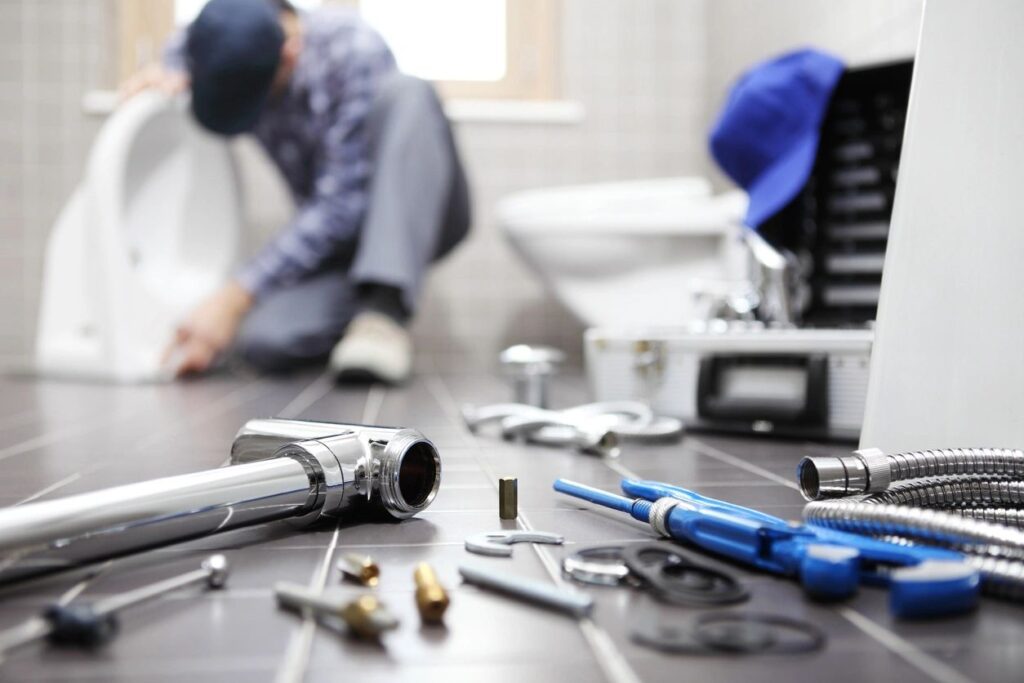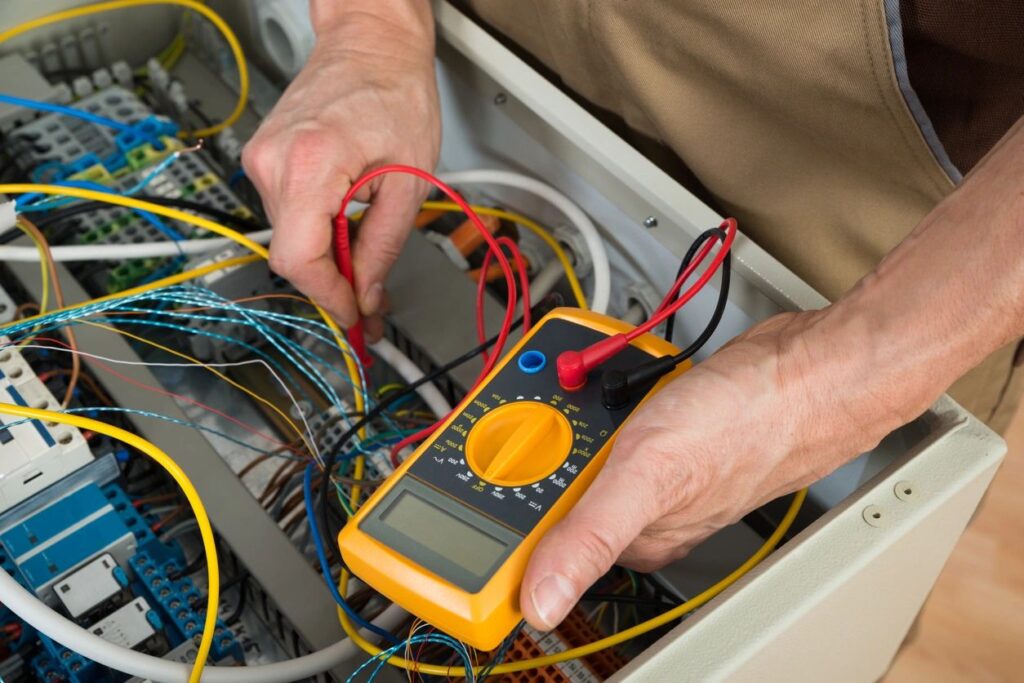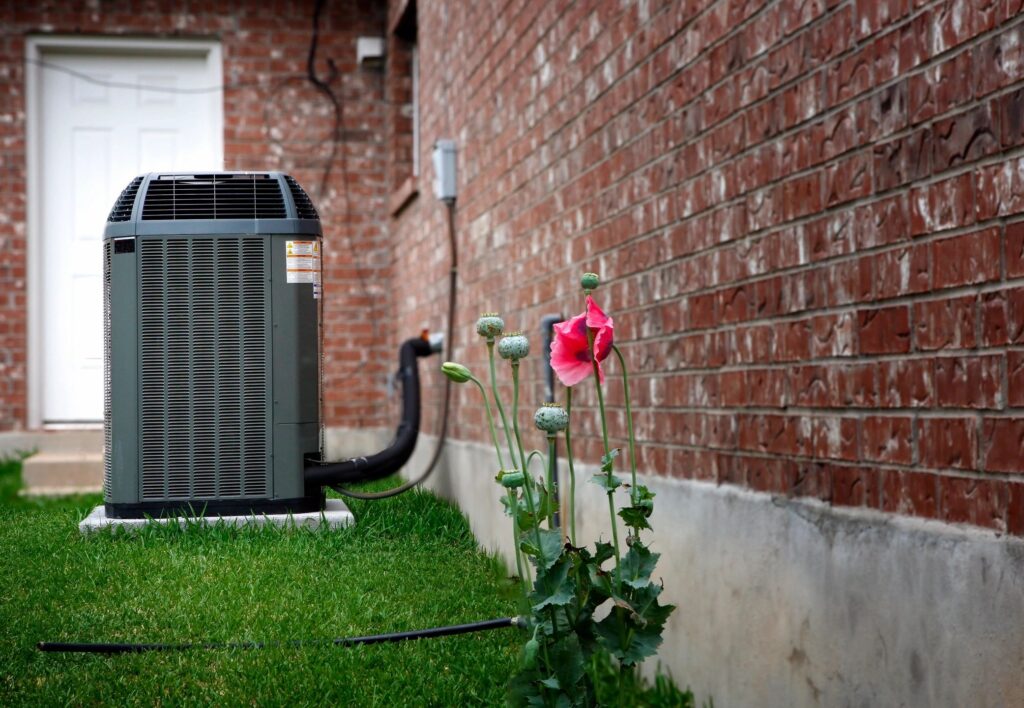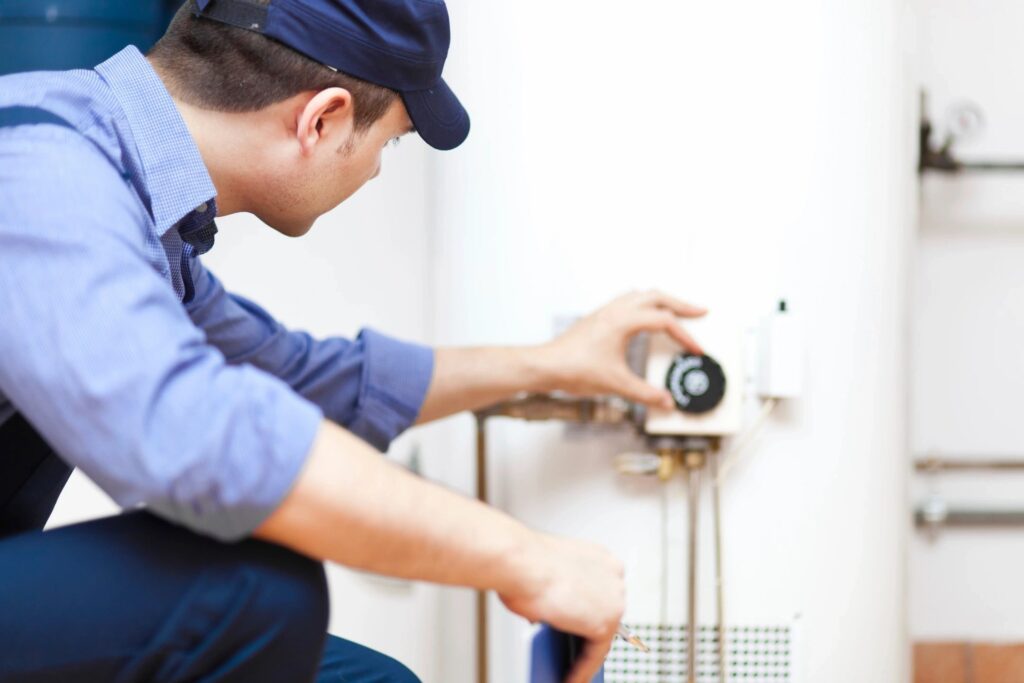Home Improvements That Are Not Legal To Do Yourself

The desire to repair, update or bring more comfort to our spaces led to a push in home improvement projects in 2020 that has dipped since quarantine, but not by a lot. Between a hesitancy to bring strangers into their homes as the virus spread and a desire to save money, do-it-yourselfers tried to give many projects a try themselves.
But that might prove illegal.
“The legality of the repairs you perform on your property are subject to the rules and regulations of your local building department,” said Bill Samuel, who runs Blue Ladder Development in Chicago. “The rules will vary from each town but in general you will be required to pull a permit for any property alterations beyond basic cosmetic improvements. Not pulling the required permits is considered performing illegal work. Many villages also require specific work to be performed by a licensed professional.”
Before you strap on your tool belt, read the wise words that home improvement pros and others have to share about the dangers of DIY projects.

Replacing an Electrical Panel
The cost of replacing an electrical panel depends on the amperage and whether new wiring is required, but HomeAdvisor puts the average price at about $1,230.
“Some of the worst things and illegal things I have seen homeowners and unlicensed contractors attempt to do is replace their main electrical panel,” said Christopher Haas, the owner of Haas & Sons Electric in Pasadena, Maryland. “This poses many dangers from injuring themselves, the home, and the occupants. … I have seen people unknowingly hook up the ground and power wire backward — reverse of what they should have done — which can cause injury or death to any unsuspecting person or animal that touches the now electrified ground.”

Repairing or Replacing HVAC
If there’s a problem with your heating and air conditioning, it’s always best to call a professional, Perez said.
“There are possible gas leakages that can cause dizziness, asphyxia and other respiratory problems,” she said. “It is because of these health risks it is illegal to fix or replace your HVAC system by yourself. If a manufacturer finds out about your efforts to fix the system yourself, they may even cancel out your warranty.”

Installing a Water Heater
“You’re either dealing with 220 volts of electricity or a live gas line with the possibility of carbon monoxide poisoning looming in the air,” said Ralph Severson, owner of Flooring Masters and Professional Remodelers. “It is very dangerous for a DIY-inclined homeowner to do this replacement themselves, but there is no shortage of people with a lot more confidence than skill.
“I once got a call from a friend to go look at a new water heater that wasn’t working. The person who installed it for my friend did it for free. They ran a 110-volt line to the heater instead of 220. Needless to say, I didn’t touch it and told them to call both a plumber and electrician immediately.”
Count on paying about $1,200 for the unit and installation.
Take the worry out of home ownership with a Home Protection Plan